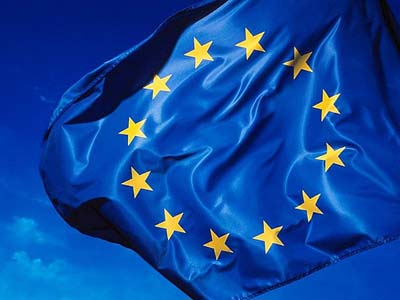What powers does the European Parliament have?
 Brussels - The European Parliament has the final say over a wide range of European Union legislation which directly affects the lives of almost 500 million people living in the 27-member bloc.
Brussels - The European Parliament has the final say over a wide range of European Union legislation which directly affects the lives of almost 500 million people living in the 27-member bloc.
LAWS: the parliament has the right to amend, approve or reject EU laws on issues such as the free movement of workers, education, the common EU market and environmental protection.
EU member states have to consult the parliament before they approve EU laws on judicial issues, such as immigration and asylum, but are not bound to follow the parliament's opinion.
The parliament has little say over EU foreign policy.
BUDGET: the parliament has the right to amend or reject proposals on the so-called "non-compulsory" spending of the EU's budget - areas such as rural development, infrastructure and research.
It also monitors how the EU's executive, the European Commission, implements the budget.
The EU's budget for 2009 is set at 116 billion euros (158 billion dollars), of which 73 billion euros are classified as non-compulsory spending.
OVERSIGHT: the parliament can take the commission or the council of EU member states to the European Court if it believes that they have broken EU law.
It can also launch inquiries into alleged breaches of EU law in individual member states.
COMMISSION: the parliament has the right to veto the appointment of a president of the commission, a position nominated by EU member states.
It can also veto the appointment of an entire commission if it feels that any one member is unacceptable, although it cannot reject that member alone.
Famously, the parliament used that right for the first time in 2004, blocking the appointment of an entire 25-member commission to prevent Italy's nomination of anti-gay politician Rocco Buttiglione to the post of EU justice commissioner.
And it has the right to fire the commission. The closest it came to doing so was in 1999, when the parliament threatened to sack the administration of Jacques Santer in a scandal over corruption allegations, forcing the commission's resignation.
If the EU's stalled Lisbon Treaty comes into force, the parliament will gain power over the entire EU budget, many areas of justice policy and the appointment of the EU's top diplomat, the High Representative.(dpa)